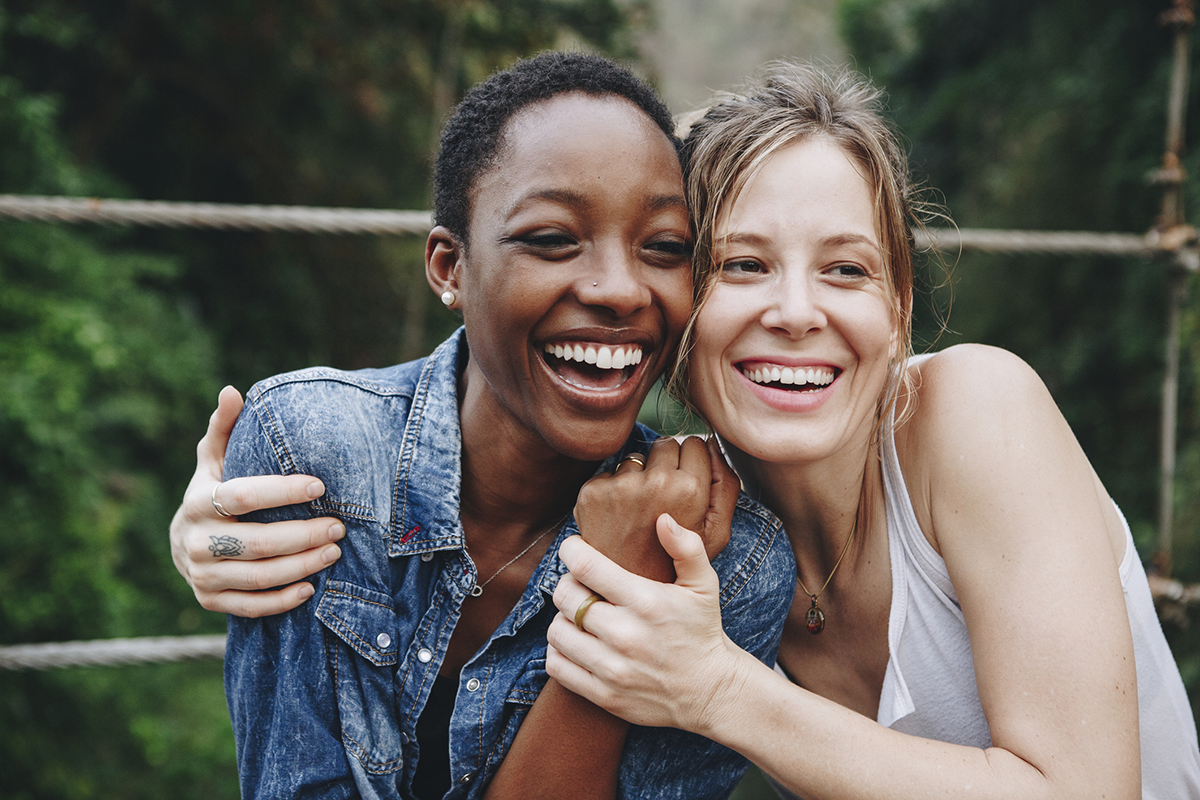While having a solid handle on our own self-awareness will help us navigate through life with more confidence and success, it’s also important to gain a deeper understanding of how we relate to others and interact socially. It’s not just about being aware of others or knowing what’s expected of us socially, it’s about recognizing the value of our relationships as well and being enlightened as to what makes our relationships work.
Relational awareness is not the same as Elias H. Porter’s Relationship Awareness Theory, although there are similarities. His theory looks at how we establish and maintain relationships “In order to have a positive sense of ourselves and our value as a person”. However, for our purposes, relational awareness is, in a nutshell, the overarching ability to understand where we are in our relationships, which can help us find ways to improve them as needed. Here are ways to boost our relational awareness and positively fuel our connections with others, whether at home, work or in the community.
Strengths and weaknesses in relationships
Relationships are complicated; they can be solid and supportive one minute, then fraught with problems the next. While few relationships are completely problem-free, there is a time when we need to assess just what kind of toll the negative ones may be taking on us. When a relationship is toxic, it’s in our best interest to either end it completely, or limit our time spent with that person; our self worth depends on it.
Having strong, supportive relationships doesn’t happen overnight. It takes a fair bit of give-and-take, compassion and commitment, but it’s well worth the effort! When relationships are weak, it’s often caused by indifference, one or both parties not pulling their weight, or because of inherent differences or disagreements that can’t be overcome. They key however, isn’t in itemizing each strength and weakness, but in knowing how any relationships impacts us – emotionally or otherwise – and what, if anything we need to do about it.
How do others perceive us?
While we shouldn’t overly worry or get upset about what others think of us, as social beings we do need to make connections and build relationships. Doing that successfully means having a general knowledge of ourselves and how we’re perceived. Getting constructive feedback from someone we trust, for example, may help us change our responses and behaviours accordingly, but without their input, we may be oblivious to certain aspects we may want to improve, diminish…or work to our advantage.
Social interactions and reactions
There will always be people in our lives who bring out the best in us, and those who bring out the worst. However, it’s up to us to take responsibility for our actions and reactions; we can’t blame others if we act out or behave poorly. Having self and relational awareness helps us handle social interactions properly without damaging relationships. To gain an increased level of relational awareness, we need to step back and analyze our connections with others more closely. We can start by asking ourselves…does that person bring us joy? When we’re around them do we feel inadequate? Inspired? Competitive? Silly? We can also get better at communicating and asking outright for what we’d like to see in our relationships. Further, by modelling the behaviours we most admire and living with integrity, we set the standards for how we wish to be treated.
Let’s face it, relationships are complex and also very dynamic; relying on both parties to make it work at any given time. That’s why being more self-aware helps empower us to better enjoy our good relationships, work towards improving ones that aren’t strong, or simply knowing when to call it quits and walk away with our heads held high. By being mindful and attentive, we have the potential to not only transform ourselves, but our relationships as well.
“Remember, we all stumble, every one of us. That’s why it’s a comfort to go hand in hand.” – Emily Kimbrough


